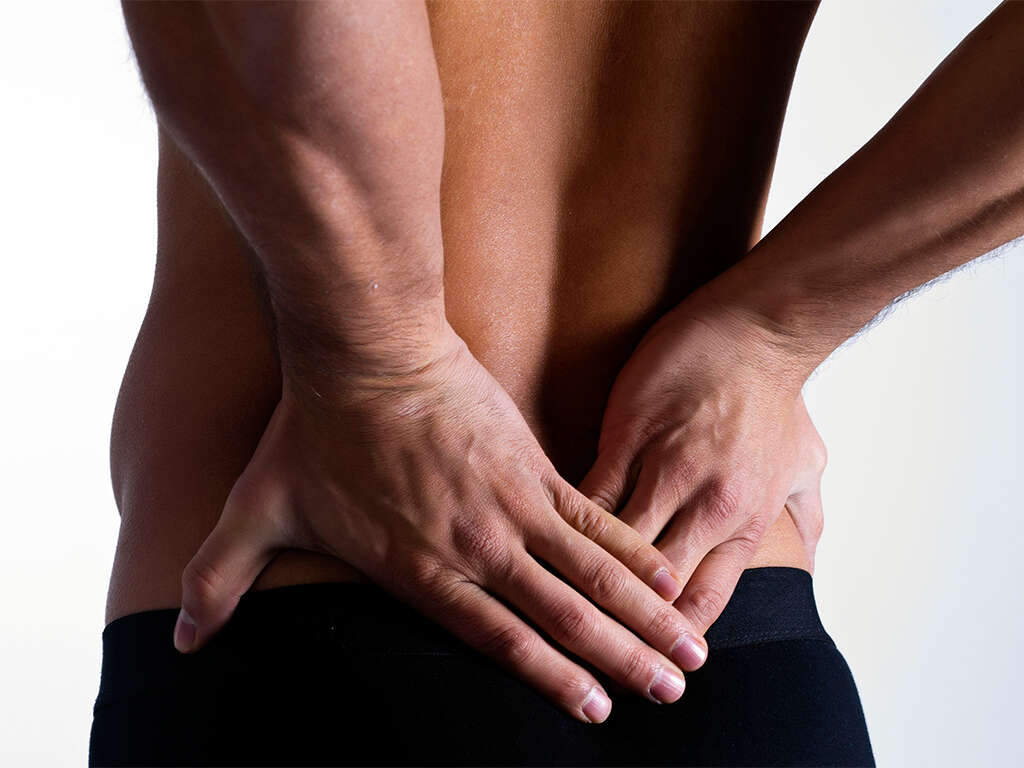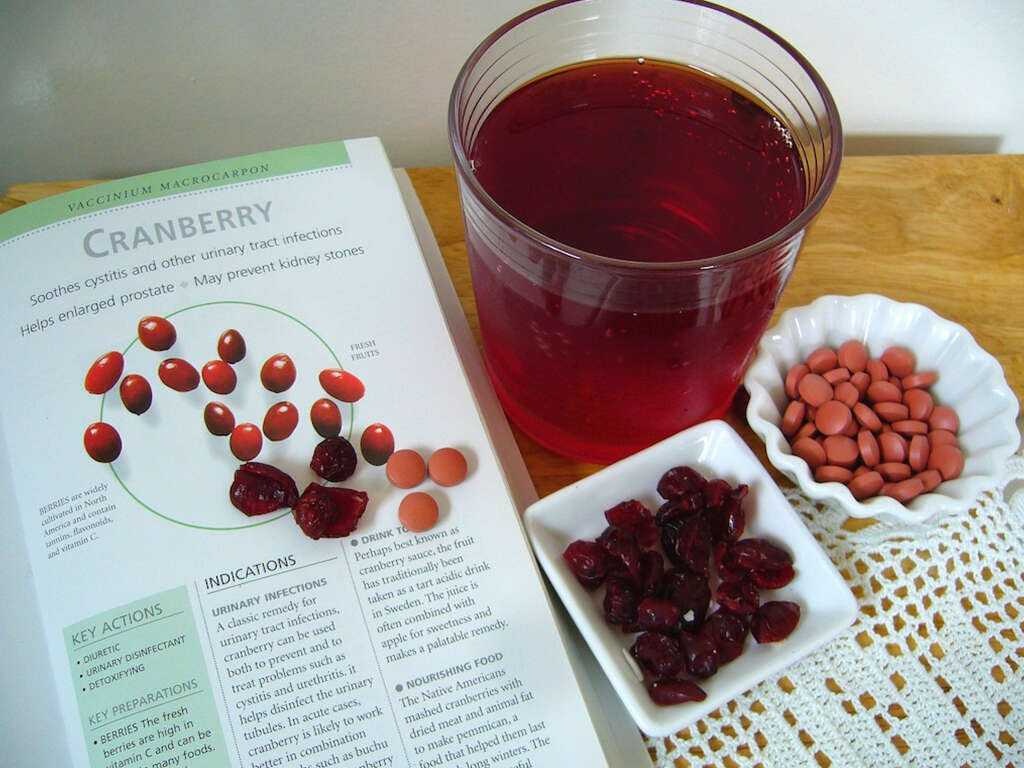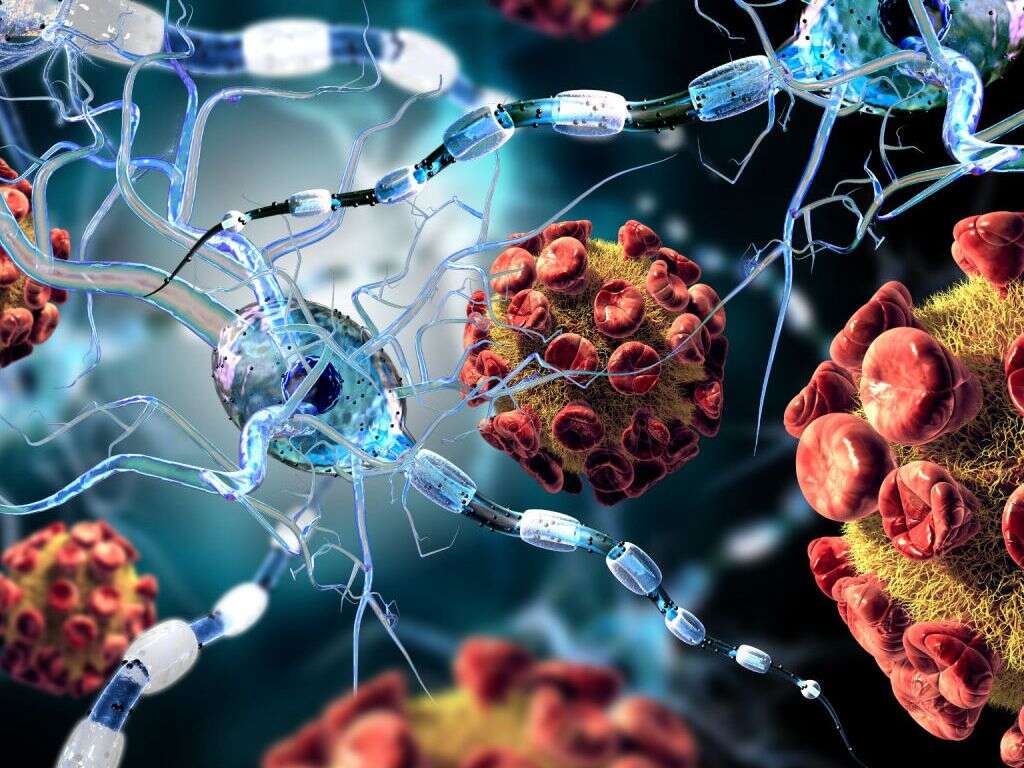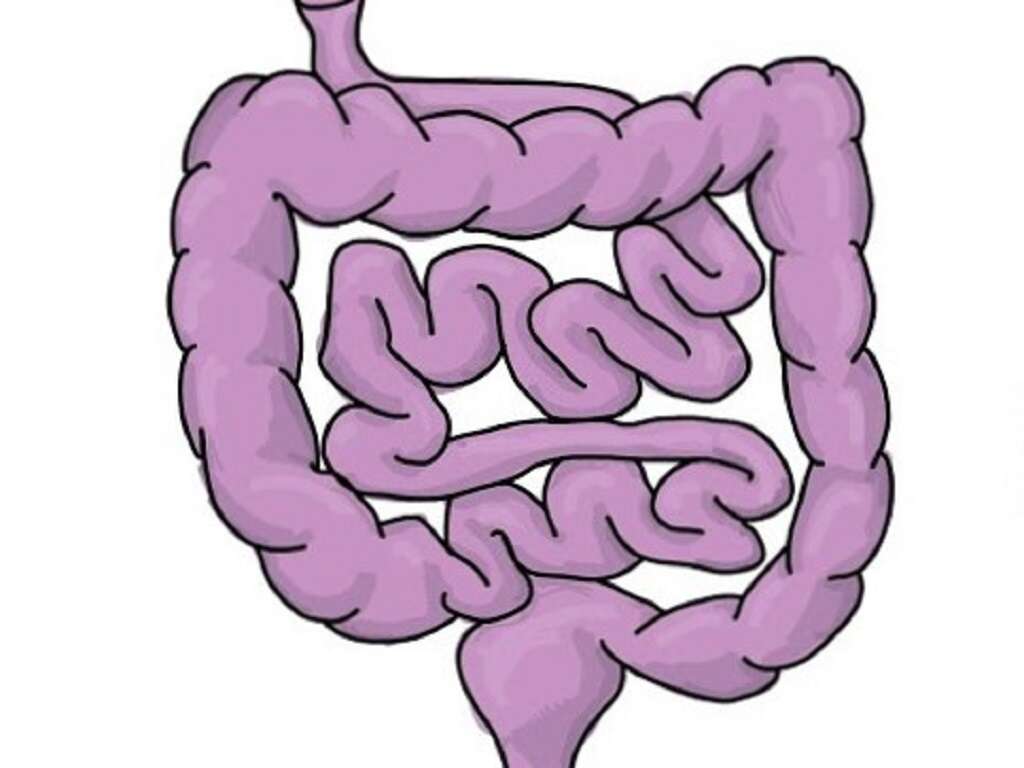10 Foods To Avoid With IBS
Many of us know of foods that we need to avoid because they can upset our stomachs. These tend to be spicy or rich foods, but it can vary from person to person. Most of us are just fine if we are able to avoid these problematic foods although this can be a lot harder for some people than others.
Irritable bowel syndrome (IBS) is a condition where people are sensitive to a wide range of foods. It can cause problems including stomach pains, diarrhea and constipation and can be severe enough to severely impair the patient’s quality of life. People with IBS are likely to need to avoid a wide range of foods, potentially leaving them on a very limited diet.

IBS Diet Food #1: Gluten
Gluten is a type of protein that is commonly found in some grains such as wheat, barley and rye. As such it is present in wheat flour and, therefore, in bakery products such as bread and cakes. For most of us, this is not a problem, but some people will have a reaction to it.
An allergy to gluten is known as celiac disease and it affects about 1% of the population. Gluten and IBS are closely linked and it is thought that gluten intolerance could be a leading cause behind IBS. Many people with IBS will find that cutting or at least reducing gluten from their diet can help reduce their symptoms considerably.

IBS Diet Food #2: Processed Foods
In a world where it can sometimes feel as though we are always on the go, even the basic necessities such as food can become low on the list of priorities. Many of us will take to eating processed foods because they are quick and convenient, but this is often done at the expense of good nutrition.
Processed foods are usually made using low-quality ingredients and with plenty of added chemicals. These two factors, along with sub-standard production techniques, can lead to processed foods being a big problem for people with IBS. If you do have IBS, try sticking to fresh foods to prevent your condition flaring up. It will also help to improve your nutritional intake overall.
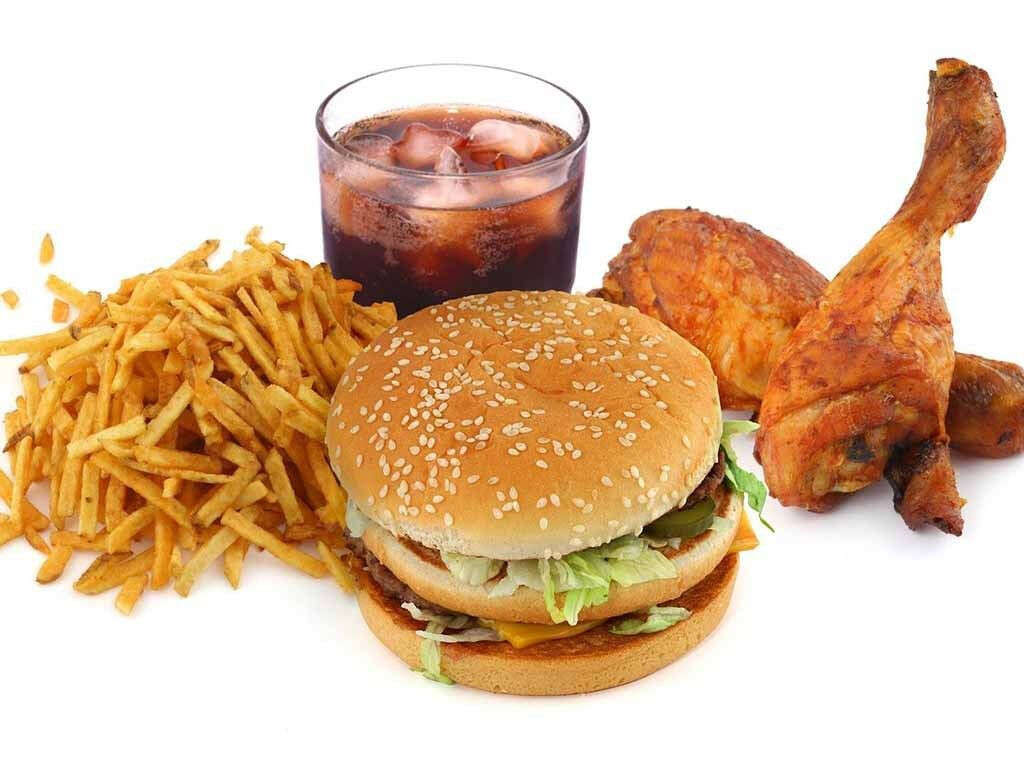
IBS Diet Food #3: Alcohol
Many of us like a drink from time to time to help us let our hair down and have a bit of fun. While there are very real risks associated with alcohol consumption, for most people it is little more than a little fun, while a glass or two in the evening can help us relax. For people with IBS, though, alcohol can be off-limits.
Beer tends to contain a lot of gluten so that rules beer out immediately for a lot of people. Even drinks without gluten can be problematic, though, leaving many people with IBS having to remain teetotal. Gluten-free alcoholic drinks are available, though, and would hopefully be OK in moderation at least.
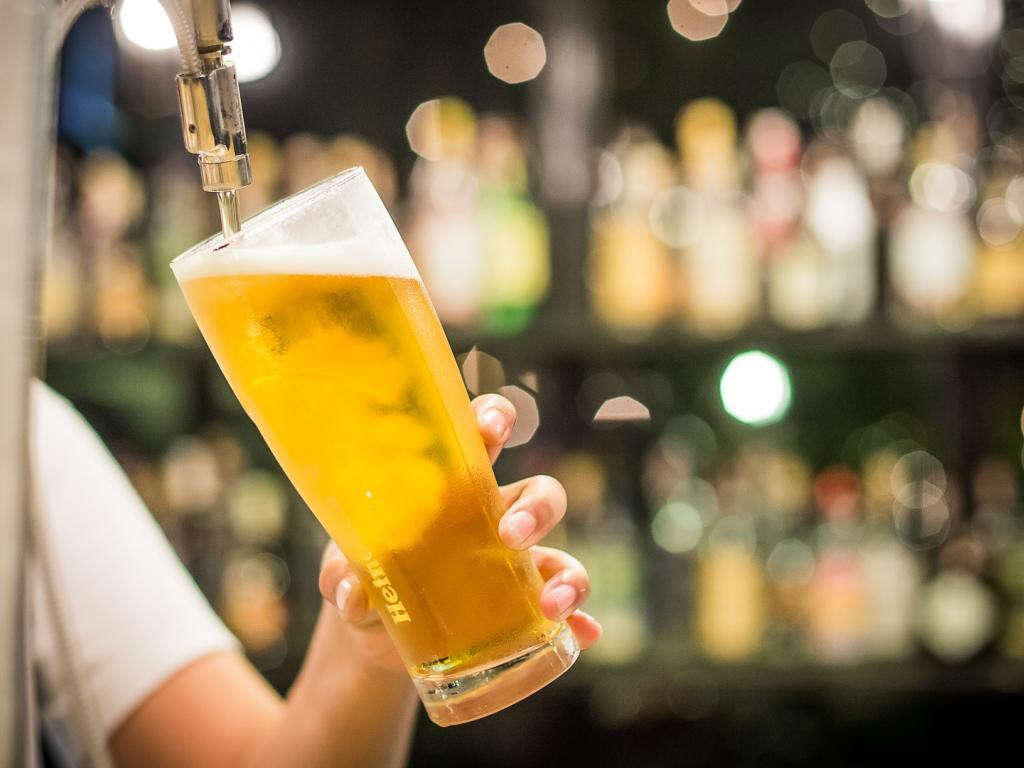
IBS Diet Food #4: Insoluble Fiber
It is important to have fiber in your diet. Among other things, it helps our digestive system to function effectively and helps us to get as much nutrition as possible from our food. For some people, though, the wrong type of fiber can lead to a negative reaction.
Some people with IBS will find that they can develop diarrhea if they eat foods containing insoluble fiber, or that existing symptoms can worsen. It can also make people feel bloated. The good news is that there are plenty of foods containing soluble fiber, which is less likely to cause problems for people with IBS.
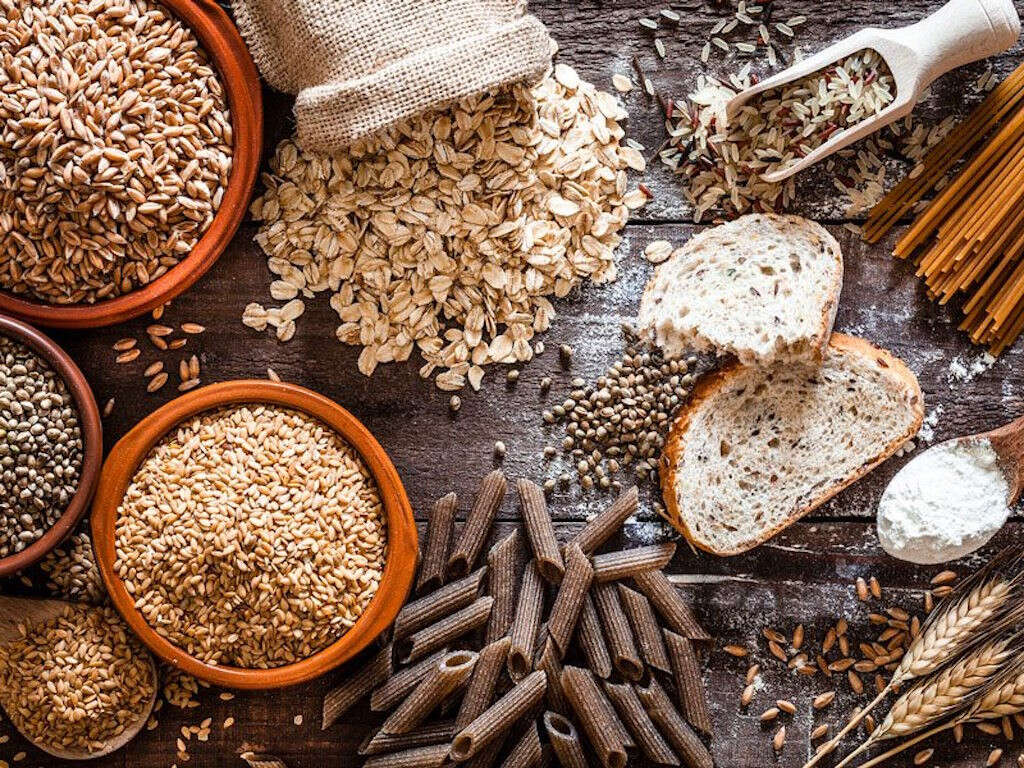
IBS Diet Food #5: Fried Foods
Fried foods are just delicious. They also tend to be very convenient and will make up a large bulk of quick and easy junk food. Unfortunately, though, they can also be very bad for us and are a major contributor to obesity and other health issues. They can also be very problematic for people with IBS.
Fried foods contain a lot of fat, and fat is difficult for people with IBS to deal with. What’s more is that the frying process alters the chemical composition of food in a way that also makes it harder to digest. While this may not be a significant problem for most people, it can be a very real problem indeed for people with irritable bowel syndrome.
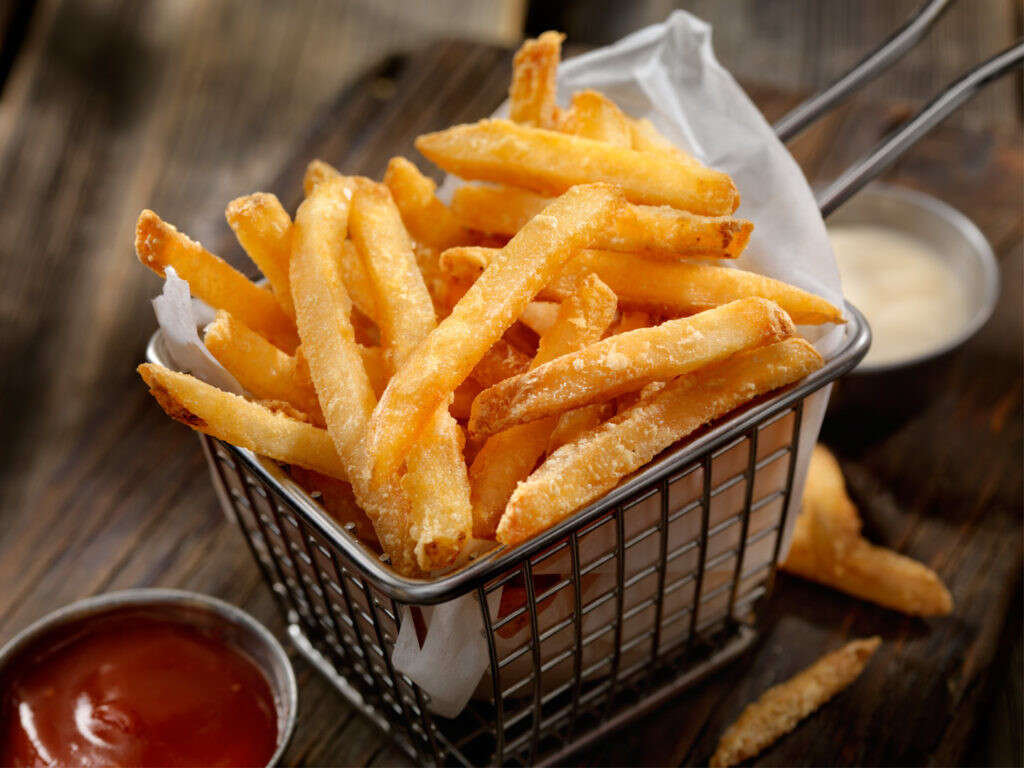
IBS Diet Food #6: Cauliflower and Broccoli
It is no secret that vegetables are good for us. They are packed full of vitamins and minerals that are essential for good health and are also great for people that are trying to lose weight. For people with irritable bowel syndrome, however, even certain vegetables may need to be avoided.
Cauliflower and broccoli are actually quite difficult for us to break down and this can cause problems for people with IBS. They can even cause gas and constipation in people that don’t suffer from IBS. One way to help your body digest these vegetables is to rice them first, although in some cases they may need to be avoided altogether.
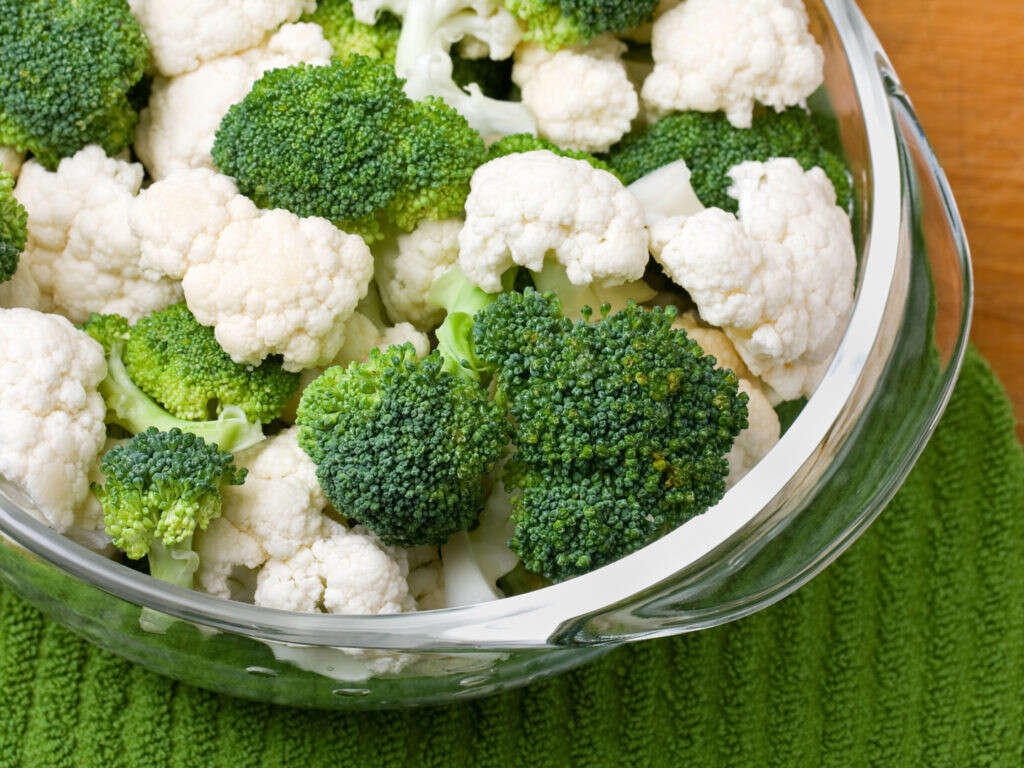
IBS Diet Food #7: Caffeine
Tea and coffee are a godsend to many of us. It can help give us that perk in the mornings to get us going and can also keep us going throughout the day. It can also be delicious and also ideal for many social occasions, but it can be problematic for people with irritable bowel syndrome.
Caffeine is a stimulant, and it can stimulate the digestive tract as well as other parts of the body. This is not a good thing for people with IBS as it can trigger a range of associated symptoms. Remember also that it is not only tea and coffee that contain caffeine but also other beverages such as cola.

IBS Diet Food #8: Dairy
Dairy products are used in cuisines all over the world. It can be used as an ingredient, as an accompaniment or even as a main dish. It is so common in cooking that it can be difficult to avoid but that is exactly what a lot of people with IBS must do.
One of the main problems with dairy products is that it contains lactose, which can trigger problems. What’s more is that dairy tends to contain a lot of fat which is also problematic for people with irritable bowel syndrome. If you do need to avoid dairy, bear in mind that you might need to use supplements to help replace some of the essential nutrients that dairy provides.
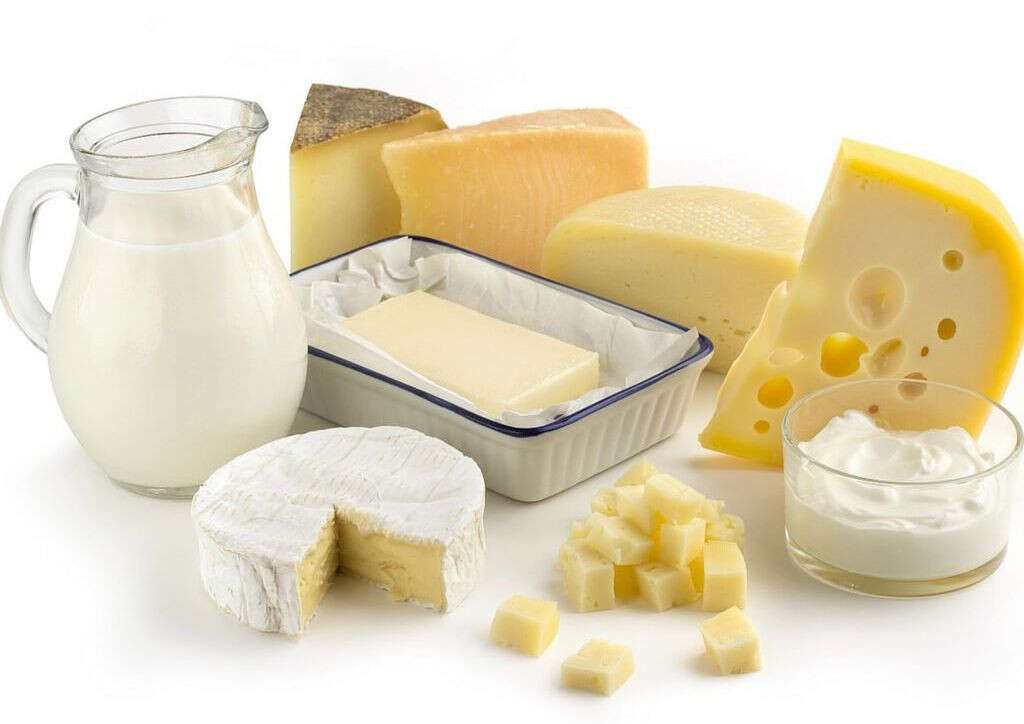
IBS Diet Food #9: Artificial Sweeteners
One of the biggest contributors to obesity and other associated health problems is sugar that is added to our diets. This excess sugar is pure energy that is difficult to burn off and generally ends up being converted into fat, which is then stored on the body. One way to overcome this is with artificial sweeteners but they can bring problems of their own.
Artificial sweeteners can be a problem for people with irritable bowel syndrome because they can be difficult to digest. They are also quite common so a lot of foods may be off the menu for people with IBS. Some natural sweeteners such as honey can make a suitable alternative, and foods with sugar are themselves OK if eaten in moderation.
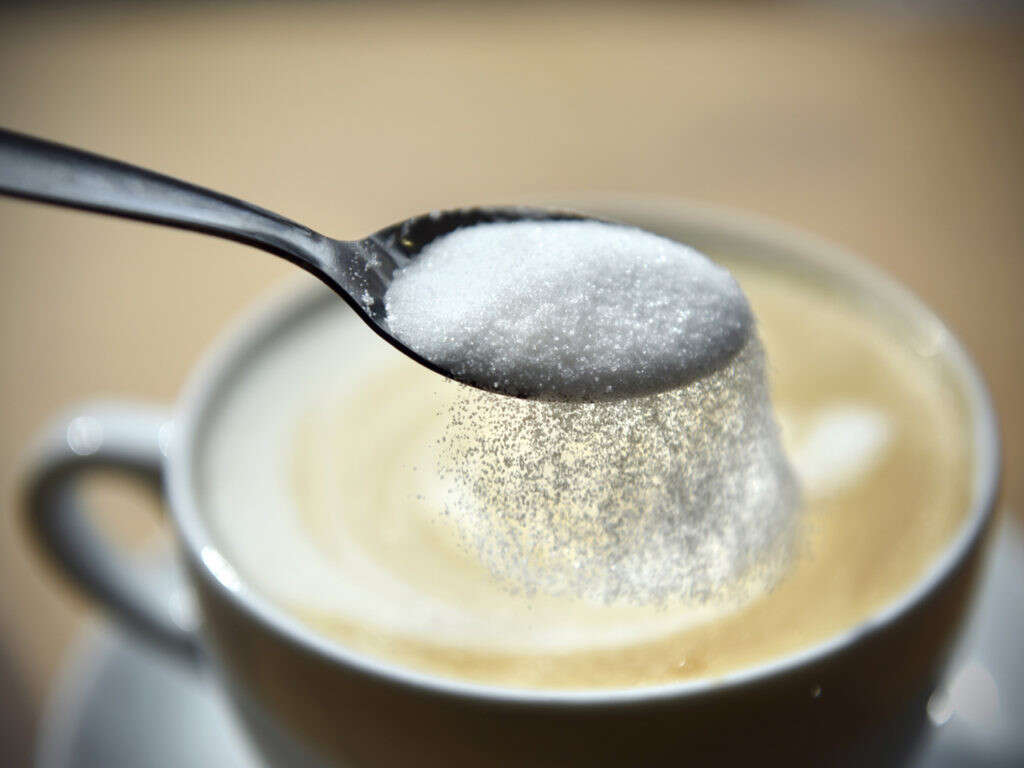
IBS Diet Food #10: Chocolate
Chocolate is one of the best culinary treats around and is often given to others as a gift. While it can contain high levels of sugar and other ingredients that can contribute to ill health, some chocolates also contain some nutrients that can promote overall well-being. If you have IBS, however, then even enjoying chocolate may not be an option.
Whether or not chocolate is a problem for people with IBS will depend largely on their specific ingredients. Some can be high in sugars, sweeteners, caffeine and dairy products which can all be problematic. If you do suffer from IBS, you should try shopping around and hopefully you will find a chocolate that is just right for you.




